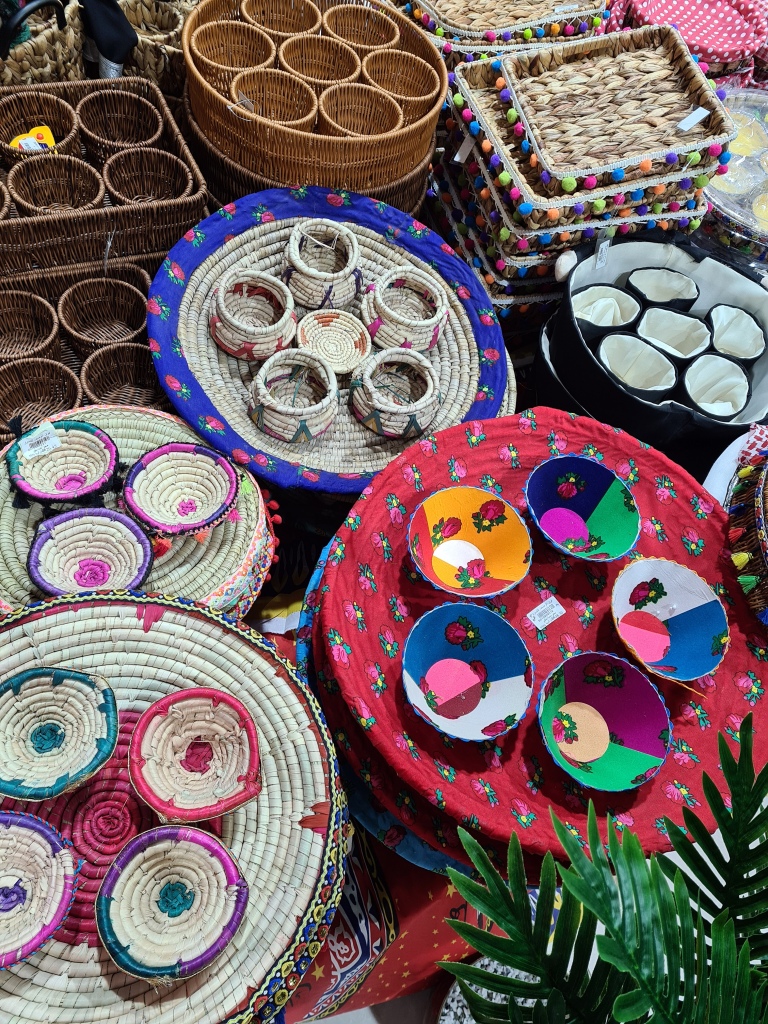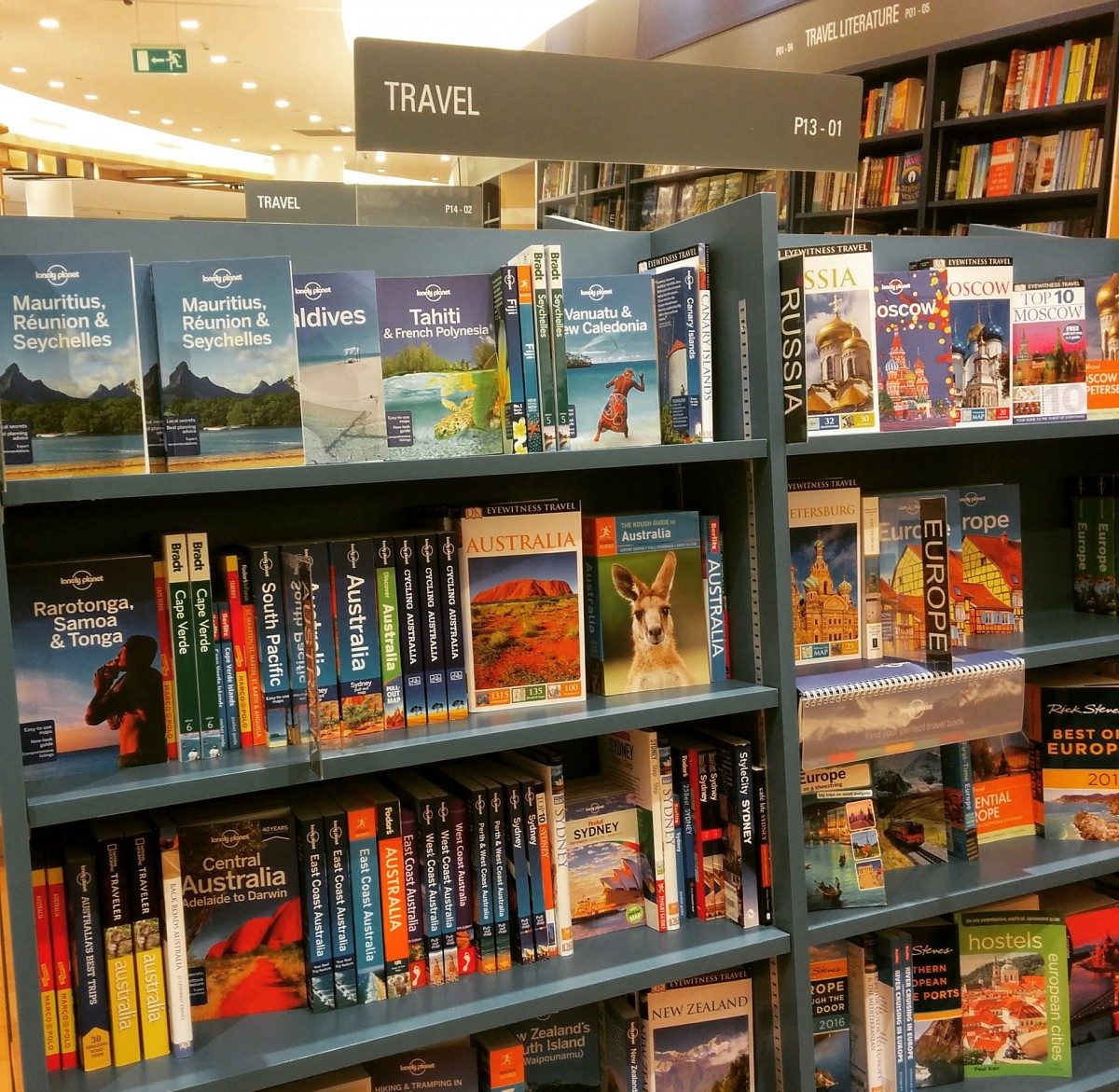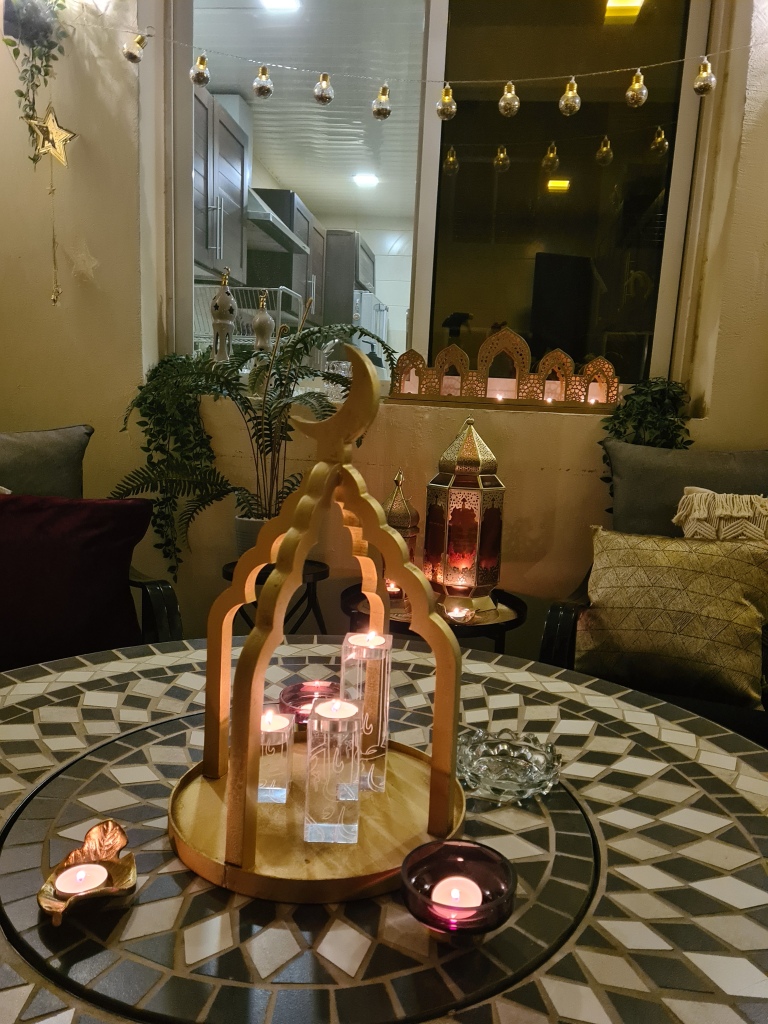As a Cross-cultural Psychologist, I crave serendipitous encounters that help me delve deeper into a culture. One of my main reasons for relocating to Saudi Arabia was to learn as much as I could about its otherwise unknown and lazily stereotyped culture. While most of us grew up learning that Ramadan is a month of fasting for our Muslim friends across the world, I experienced it firsthand in Saudi this year and would love to share some of my observations.

Wearing the traditional Saudi garb – Abaya

Ramadan decorations at the Hilton, Riyadh
Below are some (probably unexpected) ‘tip of the iceberg’ observations in the city of Riyadh ~
- The traffic in Riyadh could go berserk between 5:00 to 6:30 pm, as everyone rushes home to their families in time for Iftar.
- To my surprise, most restaurants were empty during Iftar since they banned buffet meals this year due to COVID-19. And rightly so, who would want to wait for ‘A la carte’ after fasting for over 15 hours!
- It is interesting to watch cafes fill up around 10:00 pm when locals step out for coffee and dessert.
- Most malls and hypermarkets are open until 2 am and some even through the night, buzzing with locals stocking up for the week.
- Public places are rather peaceful with no music or TV screens.

Festive decoration in public spaces

Ramadan vibe at Granada mall, Riyadh
Cultural tidbit: Families decorate their houses with special Ramadan lights, lamps and wall hangings.
In the process of diving deeper into the flavor of Ramadan, I asked some of my Arab friends to share what the Holy month meant to them.
Ramadan is a time for mental and physical detox, seeking a raised level of closeness to God through an act of deeply personal worship. “Iftar is like a Thanksgiving dinner”, says a Saudi friend.
“We watch a new television series with the family” shared another when I asked if she had a Ramadan family ritual. “We also go for a walk before breaking fast and play card games after”, she added. Apparently brands pay a lot for commercials during these Ramadan series as the TRP is the highest in this month compared to all year round. So much so that an Arab News article called Ramadan as the Super Bowl of MidEast advertising.
One major tweak to my lifestyle after moving to Saudi Arabia was to track prayer timings through the day so I could plan my grocery runs around it. For those who are not aware, most public places including supermarkets, stores and restaurants remain shut for over 30 minutes for prayer, four times during the day. During Ramadan, however, I tend to feel a strong energy in the air as soon as I hear the Maghrib call for prayer – imagining families coming together and having their first sip of water after long hours of fasting, followed by some juicy dates, aromatic Kahwah and a colorful spread of meaty delicacies.

Iftar meal at the Ritz Carlton, Riyadh
A Jordanian friend while sharing her experience said; “Spiritually I feel serene throughout fasting and more in connection with God followed by a sense of accomplishment after I treat myself with food. It helps me realize the worth of many things that I otherwise take for granted – it makes me more perceptive and empathetic.”
Cultural tidbit: Typically the fast is broken with water and dates. While some also prefer a refreshing drink of Rooh Afza, Jallab or Vimto.

A table clad with Iftar appetizers at our Pakistani friend’s residence
“Ramadan is also a month of giving so we donate clothes and food and also plant trees” added an Egyptian friend. Philanthropic deeds are encouraged as the belief is, ‘God will doubly reward you if you give back to the society’.
As an expat in Saudi, I’d like to share some tips with my fellow expats and anyone who might be interacting with Saudis during Ramadan ~
- Best to hydrate well before leaving your house or car. If you or your kids need to drink water, you could head to a washroom in the malls and consume some.
- Opting for modest dressing especially during the day. Men to avoid shorts and women to wear loosely fitted clothing or Abayas.
- Listening to music/watching videos aloud would be impolite. Carry a pair of earphones if you need to.
- It is not unusual to receive late night official calls. In which case, don’t forget to put your phones on silent mode before sleeping. For all you know you might get a call after midnight to confirm a dental appointment for the next day.
- Do not assume your ’10:30′ appointment or meeting would be in the morning!
Cultural tidbit: Most locals would stay up until Suhoor/Sehri (around 3:45 am), have a snack and sleep until late morning. So they are bound to be more active through the late night hours.

Pouches and baskets to serve and gift sweets

Vibrant wicker containers to serve nuts and sweets during Eid

Typical Middle Eastern Bakhoor Mabkhara (incense burners)
While we make the most of exploring the lively night markets and Iftar feasts, let us also embrace the very essence of Ramadan by being mindful, kind and forgiving : )





